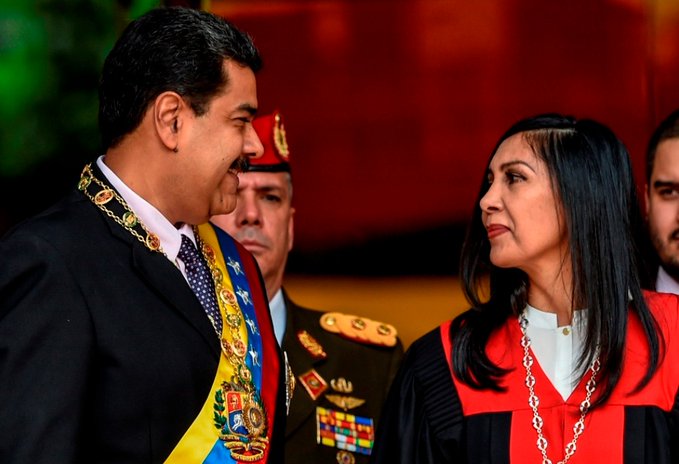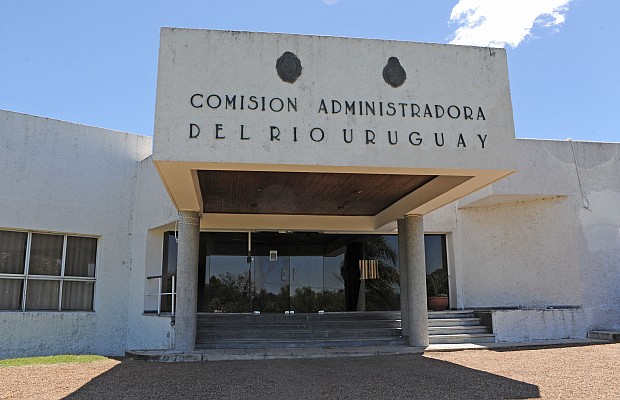
The consideration of the current situation of the country – if it really begins to “fix itself” – merits reviewing a basic concept of the economy, which is that of Public Good. A (pure) Public Good is one that, once produced, cannot deprive any member of the community of its consumption. Another way of understanding this is that the benefits it generates cannot be fully captured (privatized) by anyone, to the exclusion of others. Because of this, no one feels incentivized to finance their production on their own. This, therefore, depends on the collective will, which is usually assumed through the State. The production of public goods is the main function of the State, according to orthodox approaches. From the non-exclusive nature of its consumption, the problem of the sparrow or free-rider emerges: the person who decides not to contribute to the production of a Public Good knowing that he cannot be excluded from its benefits. A simple example is that of the neighbor who refuses to contribute to the painting of the building where he lives or to repair the elevator, knowing that, once this work is finished, he will also enjoy it anyway. At a general level, he evades his citizen duty as co-responsible for the management of public affairs. He assumes himself “mass”, waiting for them to give him, purpose of regimes like the Chavista.
At the national level, the best-known public goods are those related to health and social assistance systems, education, security and protection, as well as water, electricity, communication and transportation services. They are the substance that defines the quality of life of the population – health care, better education, personal security, protection of citizen rights, etc. At the same time, they promote productive and commercial activity, providing what are known as “positive externalities”, which reduce transaction costs and expand business opportunities. In other words, the enjoyment of public goods by citizens and companies is at the base of their well-being and prosperity.
A government interested in the welfare of the people will ensure that the State efficiently produces public goods in the amount, quality and variety really desired by society. You must take into account your opportunity cost, since an excessively ambitious proposal – be it a highway, dam, a stadium or whatever – implies subtracting resources, for example, from education or health. In “normal” countries, in which the production of public goods is financed with specific taxes, fees or charges, a person could be motivated to show little interest in any particular one, as an excuse to avoid being blamed for it. This tendency not to reveal the true preferences for a public good raises the problem of what its offer should be, if its demand is not known: How much to spend on each one, knowing that it reduces the resources available to others? How not to exceed or avoid falling short? Economics textbooks propose measures for people to reveal their true preferences for such goods, but, beyond that, lies the central need to deepen democracy so that decision-making is as close as possible to their true desires.
Of course, the support of an adequate supply of public goods lies in the proper functioning of the institutions. They are the norms that determine the objectives to be pursued, the adequacy of the organizations to optimize their achievement, the system of rewards and punishments that contribute to it, the supervision and control mechanisms to correct the failures and to adjust the purposes, and a culture service, transparency and accountability among those who have responsibilities in this regard. They are typical of liberal democracy, based on the balance and autonomy of powers, the rule of law and the open and unfettered representation of the popular will.
The fundamental problem of today’s Venezuela is that the dismantling of such institutions in the hands of self-proclaimed “revolutionaries” has resulted, in an increasingly widespread manner, in the State producing, not public goods, but public “evils.” For example, the administration of justice system, which must ensure the equality of citizens before the law and ensure that their rights are respected (protection), was “privatized” (impure public good) by the Chavista hierarchy through successive reforms and modifications in the composition of the judiciary. He turned it into his own law firm, dedicated to persecuting and penalizing dissenters, into a public evil. The contempt for human rights, another of their constitutional responsibilities, has allowed all kinds of abuses by the police and military bodies in charge of “protecting peace and citizen tranquility”, resulting in rattles and confiscations in their raids and in an atrocious string of executions -concentrated in popular neighborhoods-, as has been denounced by Provea, Father Infante and many human rights NGOs. A public evil transformed to the extreme in fatality. Likewise, the defense of national sovereignty, the basic objective of the FAN, has been violated by traitorous soldiers who have allowed the country to submit to foreign interests –Cuba, Russia—, and to become a channel for drug trafficking.
The degradation of the State to produce public evils instead of public goods has been the result, fundamentally, of the deliberate corruption of those who exercise responsibilities in their corresponding organs. At the beginning, the ideological gringolas of those who really believed in Chavez’s siren songs also had an impact. But, at this point, the clichés only serve to cover up and try to absolve the rogueries committed against the country. Today it is entrenched in impunity and in the complicities shared between those who, from power, have boasted of plundering the nation. Meanwhile, in addition to insecurity and poverty, Venezuelans suffer from collapsed services.
It is in this context that it must be evaluated whether the situation improves, as the government intends to claim. Are the conditions in place for the sale of 5% or 10% of the shares of some public companies, for example, to rescue their role as providers of public goods or is it, rather, a way to launder dirty money? Where are the reforms in their management, the disclosure of their financial statements and the guarantees to motivate private investment in them or in other areas? Can the lifting of some sanctions be expected to result in the conversion of many public ills into public goods? Unfortunately, the recent “reform” of the Judiciary in no way pays in favor of the guarantees and assurances required so that we can trust that we are on the right track. Rather, now the Chavomadurista congress is presenting an international cooperation bill that restricts NGOs and threatens them with various sanctions, but frees the State from the need to be accountable for its “international cooperation” activities. That is to say, they cook up another public evil, to the detriment of those who rely on the services – public goods – of these NGOs.
The struggle to rescue democratic institutions, so that the rule of law prevails and human rights are fully respected, cannot rest, no matter how much some hope that the situation will improve. It is evident that, in no way, the government’s management translates into an inclusive project, where everyone can benefit, and with prospects of growing prosperity and social justice. Political change cannot be avoided. Furthermore, it is extremely important to bear in mind that only in this framework, with a reform and restructuring of the State, will it be able to dedicate itself to producing the public goods that the population requires. Among the obstacles to such a transformation, the lack of independence of the Judiciary and the corruption of the military command stand out. The reports on the violation of human rights and the investigations of the International Criminal Court attest to its implications.
The proposal of some to implement an autonomous mechanism, with external supervision, to ensure that the oil income resulting from a negotiated lifting of sanctions is channeled to attend to the humanitarian emergency in the country, is a clear recognition of the need to have institutional mechanisms to prevent their diversion to perverse ends. But, with a state like the one we have, can it be expected to benefit public health services, education, citizen security, transportation, and recreation opportunities for Venezuelans?








